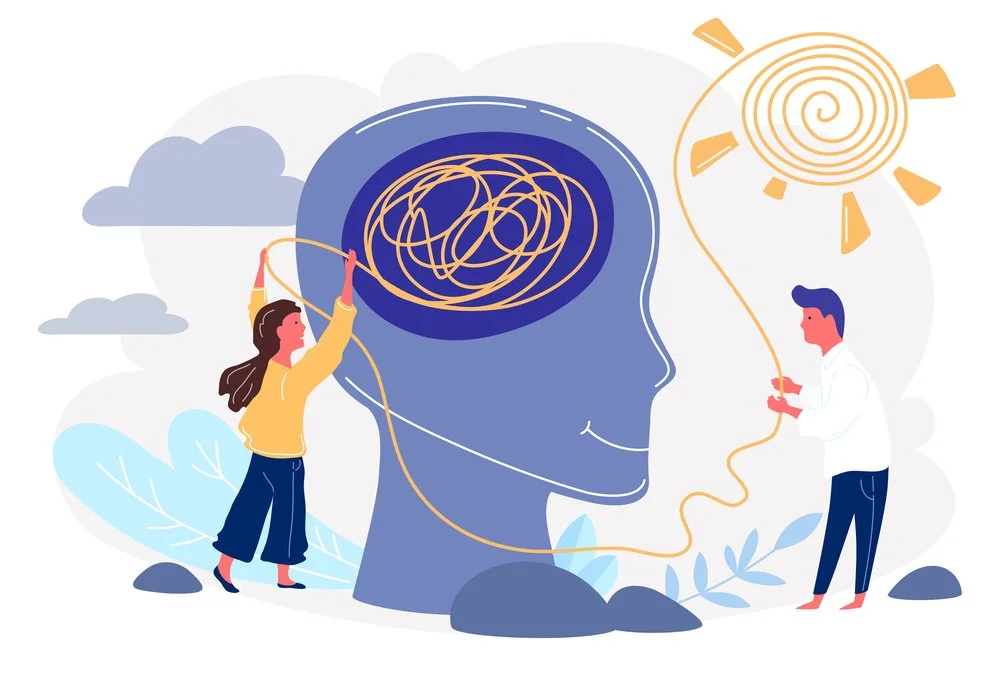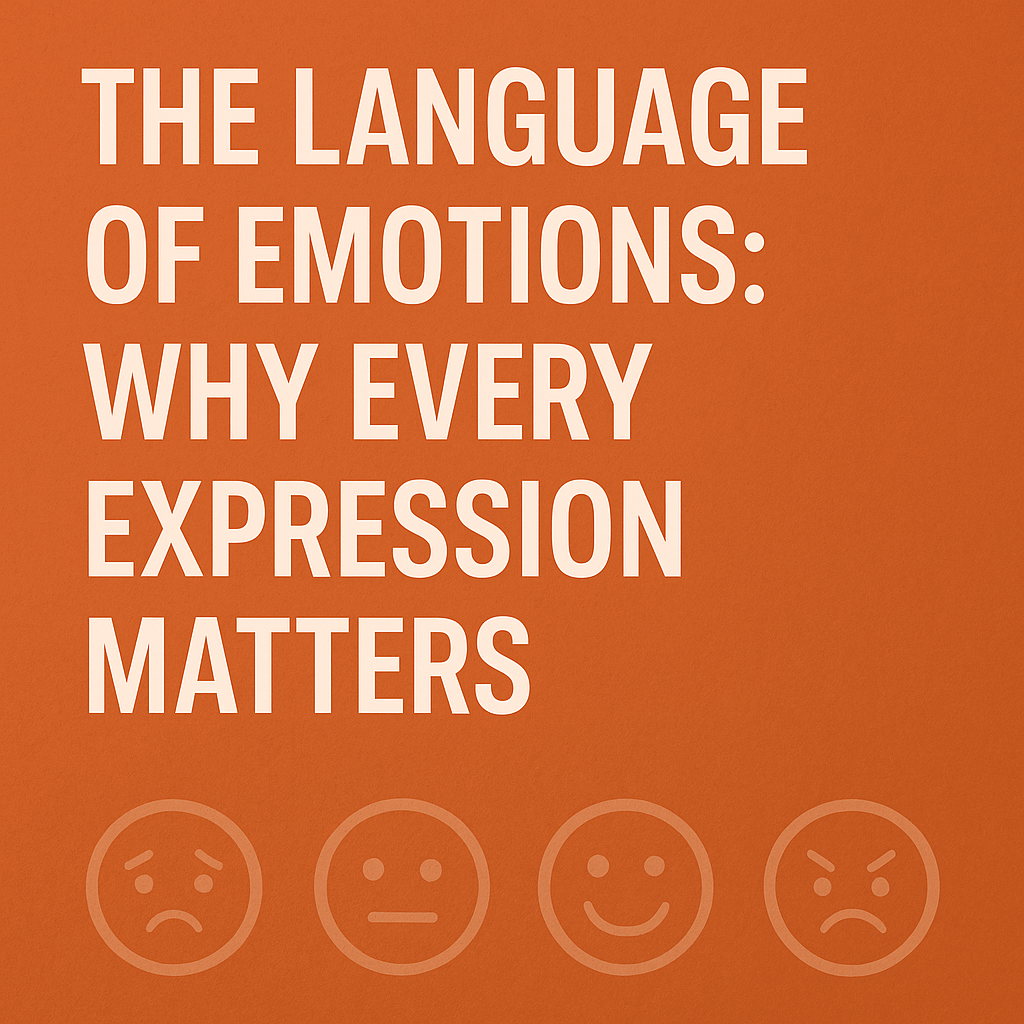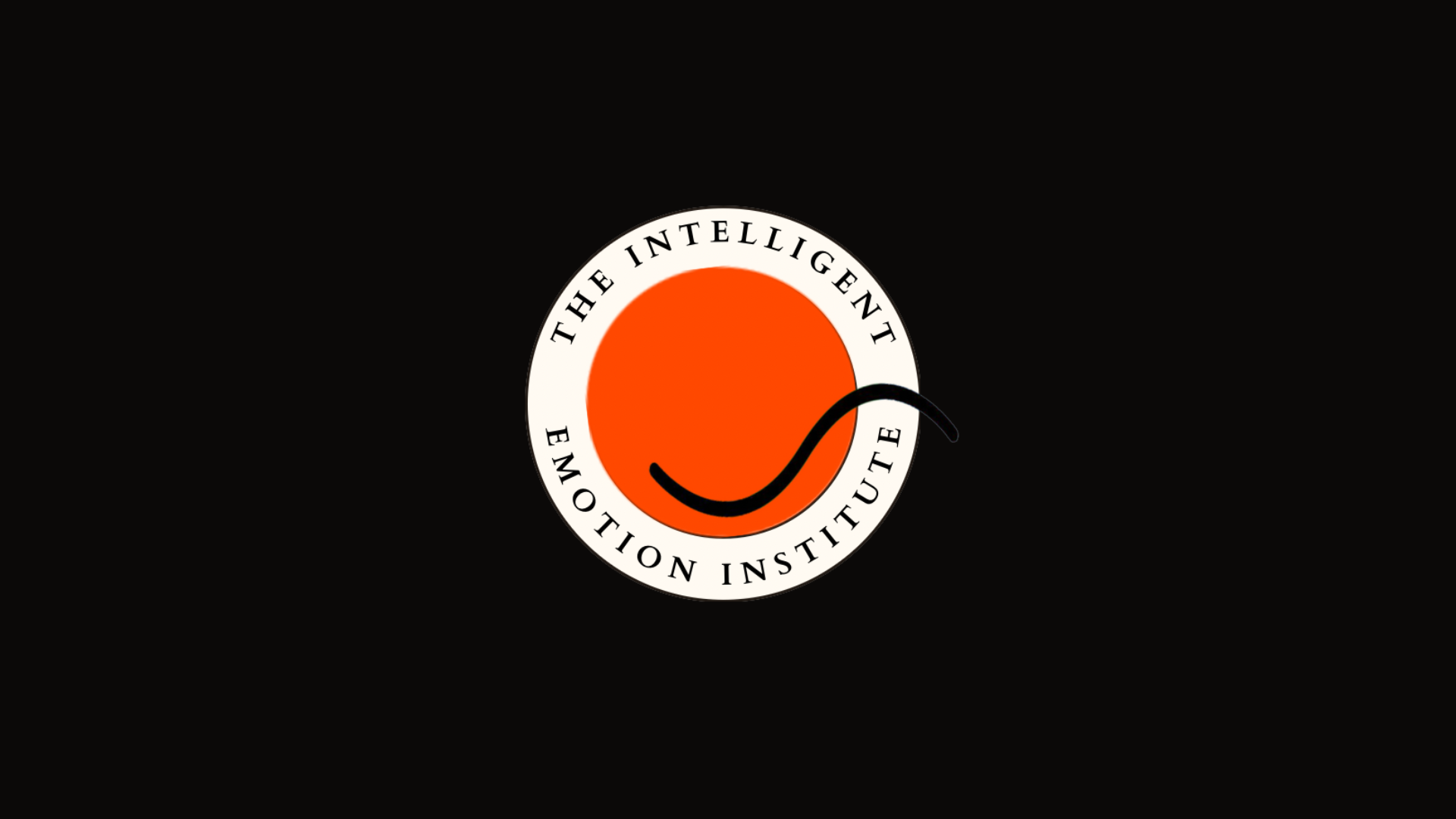
issue N.10
Many people don’t enter schools, programs, or agencies as neutral participants. They enter as survivors of systems. Resistance, apprehension, and lack of trust are not random attitudes—they are core beliefs shaped by being dismissed, criminalized, rushed, or punished for how their pain sounds. People don’t distrust systems for no reason. They distrust systems because systems taught them to.
This article explores why trauma-informed work so often fails in practice: it becomes a training instead of an operating system. When policies, procedures, and daily interactions still reward speed, control, and compliance, “trauma-informed” turns into a slogan. Real trauma-informed practice requires infrastructure—structures that protect emotional dignity, support staff nervous systems, and make repair a normal part of the work.

issue N.09
Layer of Focus: A Simple Task for Deep Regulation and Prefrontal Growth
In a group setting, a simple task—wrapping rubber bands around a handball until it is fully covered—becomes a quiet study in regulation and focus. Each stretch, placement, and correction strengthens the prefrontal cortex’s capacity for patience, planning, and flexibility, while the rhythmic motion helps the nervous system sustain calm within effort. The exercise trains balance between emotion, thought, and movement; frustration and repair become part of one steady rhythm.
At The Intelligent Emotion Institute, this practice reflects our core philosophy: you are the emotion. Regulation is not the absence of disruption, but the ability to stay coherent while disruption occurs. Through repetition and shared stillness, participants learn that attention can be peaceful, problem-solving can be patient, and emotional growth is something we build—layer by layer, together.

issue N.08
The Language of Emotions: Why Every Expression Matters
Every behavior has a voice. Silence may be self-protection, a way of saying ‘I’m not sure this is safe.’ Anger often conceals grief or fear, the body’s way of defending itself. Laughter can be camouflage, a shield against shame or vulnerability. Withdrawal may signal exhaustion from always being ‘on guard.
When staff interpret these expressions solely as behaviors to manage, youth are left unseen. When they are understood as language, the door opens for connection. Emotional dignity shifts the question from ‘How do we control this?’ to ‘What is this telling us?’ It ensures that every young person feels seen, heard, and supported.
By treating emotions as a language, we communicate to youth: “your feelings have meaning, and we will honor them here.”

issue N.07
You Are The Emotion!
What if emotions aren’t separate from you, but part of you? “You Are the Emotion” invites us to reclaim emotional experience — not as disruption, but as design.

issue N.06
Weight, Worth, and One Percent: Restoring Dignity Through Emotional Systems Work
At The Intelligent Emotion Institute, we believe dignity is not a reward for success — it’s a foundation for growth. In this article, we explore how shame, failure, and imposter fears affect young people when they fall short of personal goals. Using the story of Client X — a 16-year-old navigating weight loss and emotional pressure — we demonstrate how emotional systems rooted in Kindness, Compassion, and Time (KCT Theory) can restore a youth’s sense of self-worth. Blending dignity-centered dialogue with the 1% method of incremental improvement, this piece offers a grounded, replicable approach for educators, mentors, and system builders. It’s not just about helping someone lose weight. It’s about helping them keep their dignity along the way.